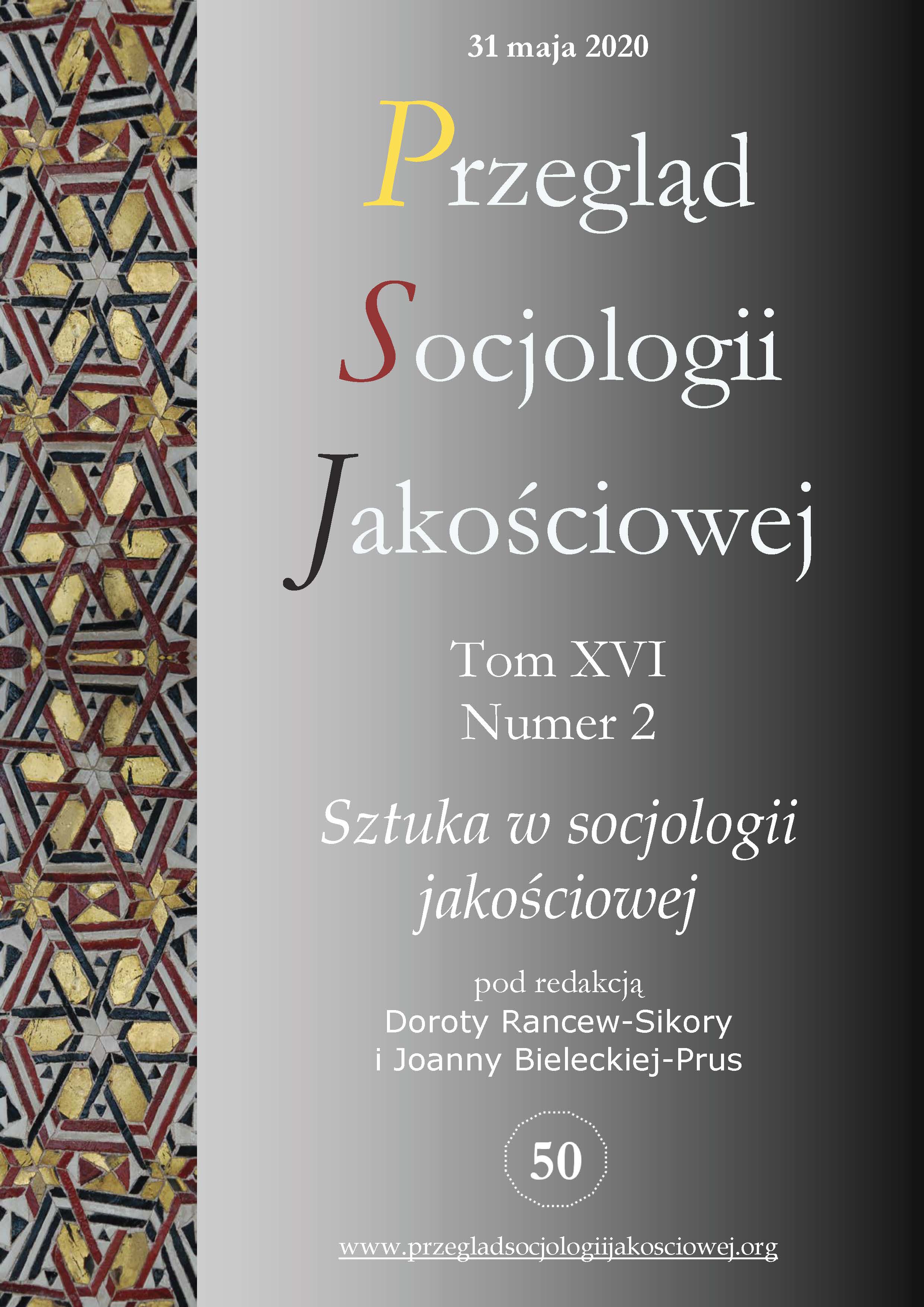Strategie organizacji opieki nad dziećmi w społeczeństwie polskim w perspektywie nierówności społecznych
Strategies of Organising Childcare in the Polish Society in the Perspective of Social Inequalities
Author(s): Katarzyna Suwada Subject(s): Culture and social structure , Social differentiation, Family and social welfare
Published by: Wydawnictwo Uniwersytetu Łódzkiego
Keywords: parenthood;childcare gap;family policy;social inequalities;care work
Summary/Abstract: The aim of the article is to look into the problem of combining paid work with parenthood in the context of the so-called childcare gap. Childcare gap is defined here as a lack of institutional instruments that make it possible to provide care for small children. The analysis is based on qualitative research conducted in the Polish society with parents of children aged under eight. It shows that the institutional solutions of the Polish family policy reproduce economic and gender inequalities. The horizon of capabilities for organising childcare of parents with lower economic resources is substantially different than that of parents in a better economic situation. Women with lower resources are often forced to resign from paid employments in order to provide care for their children, whereas wealthier parents usually deal with the problem by means of using childcare institutions or hiring babysitters. The analysis also shows that regardless of the economic situation, it is mothers who are primarily responsible for providing care.
Journal: Przegląd Socjologii Jakościowej
- Issue Year: 16/2020
- Issue No: 2
- Page Range: 152-169
- Page Count: 18
- Language: Polish

